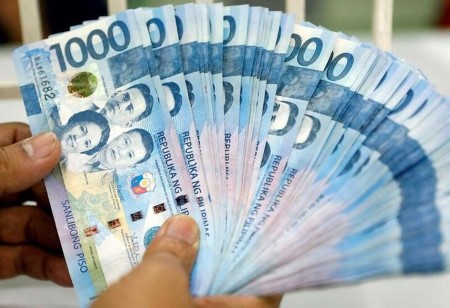




January Economic Update: Growth slows, prices rise
 DOWNLOAD
DOWNLOAD

Inflation Update: Up, up, and away?
 DOWNLOAD
DOWNLOAD

Quarterly Economic Growth Release: Growth takes on a slower pace
 DOWNLOAD
DOWNLOAD


Stocks, currencies sweat as EM growth fears, more US Fed tightening loom

July 27 (Reuters) – Emerging market equities slid on Wednesday as investors braced for a potentially sharp US rate hike later in the day, while regional currencies struggled as the dollar hovered just below a 20-year high on support from safe-have flows.
A 75 basis point (bps) hike by the US Federal Reserve is priced in, with a 13% chance of a super-sized 100 bps raise. The focus will also be on a news conference at 1830 GMT for hints on whether Fed policymakers’ resolve to hike further is waning as growth slows.
“EM (emerging markets) faces weak external demand alongside tighter US monetary conditions – this generates a strong dollar environment, which weighs on global trade, while FX pass-through limits the room for accommodative policies,” said Michel Nies, EM economist at Citigroup.
Stocks have lost 1.5% this month, while currencies are down 1% as rising inflation, political uncertainty and growing concerns about a global recession sapped investor confidence in July.
The International Monetary Fund cut global growth forecasts again on Tuesday, warning that risks from high inflation and the Ukraine war could push the world economy to the brink of recession.
“EM will eventually face a more favourable combination of external demand and US monetary conditions again, but getting there might take longer than usual: the Fed might seek to re-establish its credibility and China’s structural shift towards a less EM-friendly business model is likely to continue,” Nies said.
EM stocks fell 0.3%, with China shares, slipping up to 0.5% amid broader market caution.
China’s industrial firms’ profits bounced back to growth in June after two months in the red, but fears of a COVID-19 resurgence cast a shadow over future factory output.
Currencies were mixed, with the yuan and India’s rupee little changed, while South Africa’s rand and Mexico’s peso added 0.4% and 0.2% respectively, and Turkey’s lira was off 0.2%.
The dollar held at 107.08, not far below mid-July’s 20-year high of 109.
Egypt’s pound traded at 18.87 to the dollar. The IMF said the country needed to make “decisive progress” on fiscal and structural reform as Cairo seeks a new round of support from the fund.
(Reporting by Anisha Sircar and Susan Mathew in Bengaluru)
This article originally appeared on reuters.com





 By Reuters
By Reuters